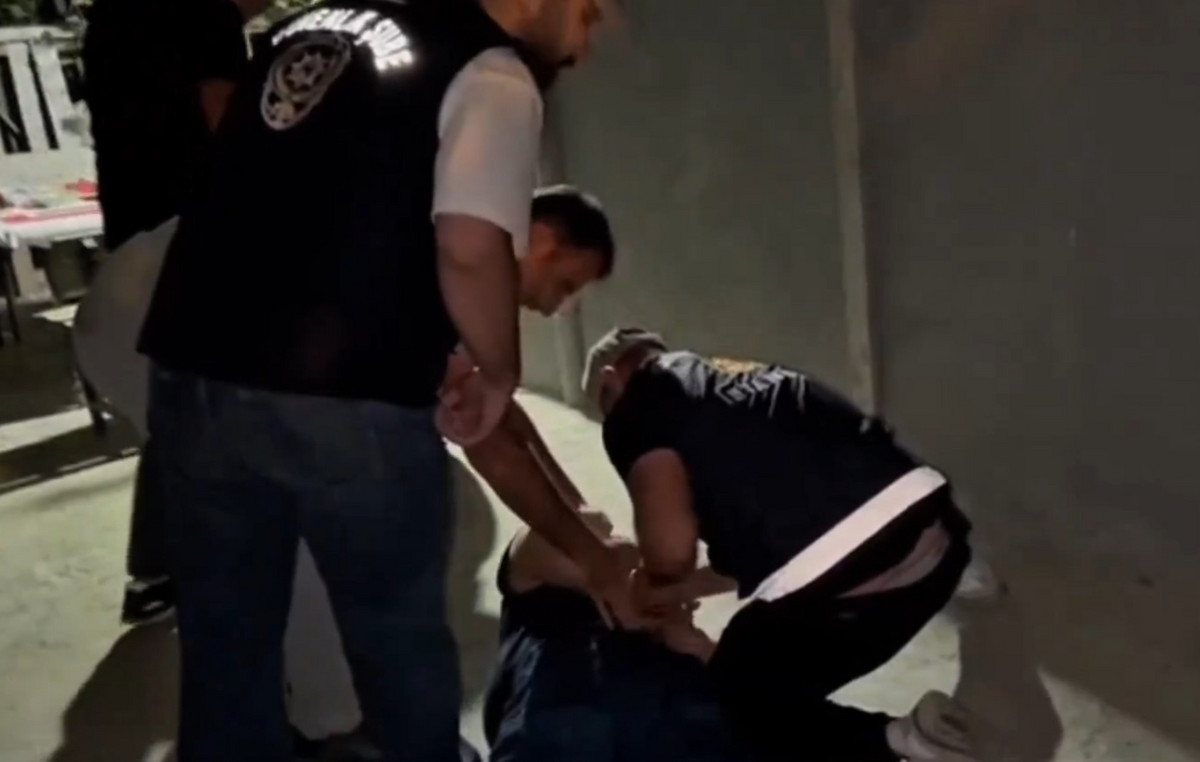On World AIDS Day, celebrated this Wednesday (1), the Joint United Nations Program on HIV/AIDS (UNAIDS) warns about the impact of the Covid-19 pandemic on HIV prevention and treatment services in everyone.
According to UNAIDS, if world leaders fail to reduce inequalities, the world could face 7.7 million AIDS-related deaths in the next 10 years.
Since the beginning of the pandemic, the number of people tested for HIV infection has dropped dramatically, according to the World Health Organization (WHO), which worries experts.
According to the latest Epidemiological Bulletin on HIV/AIDS, by the Ministry of Health, in 2020 there were 13,677 new cases detected in Brazil. In 2019, that number was 41,909.
However, this reduction may have been caused by the Covid-19 pandemic, which had an impact on the reduction in the number of diagnoses.
According to the Ministry’s HIV Data Monitoring Panel, during the pandemic, there was a drop of about 15% in the number of HIV diagnoses in 2020 compared to the previous year.
If you take into account the number of exams performed until August of this year, compared to the first year of the pandemic, the drop was 16.05% – that is, higher than that registered in 2020.
Another fact that draws attention is the increase in cases in the age group from 60 years onwards, which shows an increase registered in recent years.
In 2007/2008, there were 212 cases and, in 2019, this number reached 963 — representing an increase of 354.25%. In 2020, there was a drop (333 new cases), but this number may be related to the delay in diagnoses, according to the Ministry of Health.
The infectologist specializing in HIV, Melissa Medeiros, a reference in genotyping by the Ministry of Health, explains that the decrease in the number of tests carried out in recent months was caused by the overload in the health system, impacted by the pandemic of the new coronavirus.
The specialist emphasizes that the delay in diagnosis, in addition to compromising treatment, also reduces life expectancy.
Tests to diagnose the virus are available free of charge at the Unified Health System (SUS). There are both laboratory and rapid tests, which detect antibodies against HIV in up to 30 minutes. Tests can be carried out at public network units and at Testing and Counseling Centers (CTA).
In addition to the public network, a self-test that simply and quickly detects antibodies against HIV through a droplet of blood is also available on the pharmaceutical market.
The material is collected directly on the device, and the result appears in the form of lines, which indicate whether or not antibodies to the HIV virus are present within 15 minutes. The test was recently approved by the National Health Surveillance Agency (Anvisa) and is used in WHO actions.
According to the Ministry of Health, in all cases, HIV infection can only be detected after at least 30 days from the risk situation. This is because the exam (laboratory or rapid test) looks for antibodies against HIV in the collected material. This period is called the immune window.
About 731,000 people are living with HIV and are using antiretroviral therapy in public health units across the country, according to the Ministry of Health.
According to infectologist Melissa Medeiros, about 10% of patients treated by the SUS abandoned treatment during the pandemic for fear of being contaminated by the coronavirus.
“The challenge now is to rescue this patient and bring him back to the health unit. It is important that they are up to date with medical monitoring to avoid complications caused by the virus. By strictly following the treatment, it is possible to have quality of life”, says the specialist.
Medeiros also warns of the importance of vaccination against Covid-19 to protect HIV-positive patients. “Immunization against Covid-19 for HIV-positive patients is safe. There is no need to be afraid. You need to get the vaccine to protect yourself”.
In Rio de Janeiro, volunteers from Grupo Pela Vidda will offer rapid testing for HIV from 2 pm, at Praça da Cinelândia, downtown.
Reference: CNN Brasil







